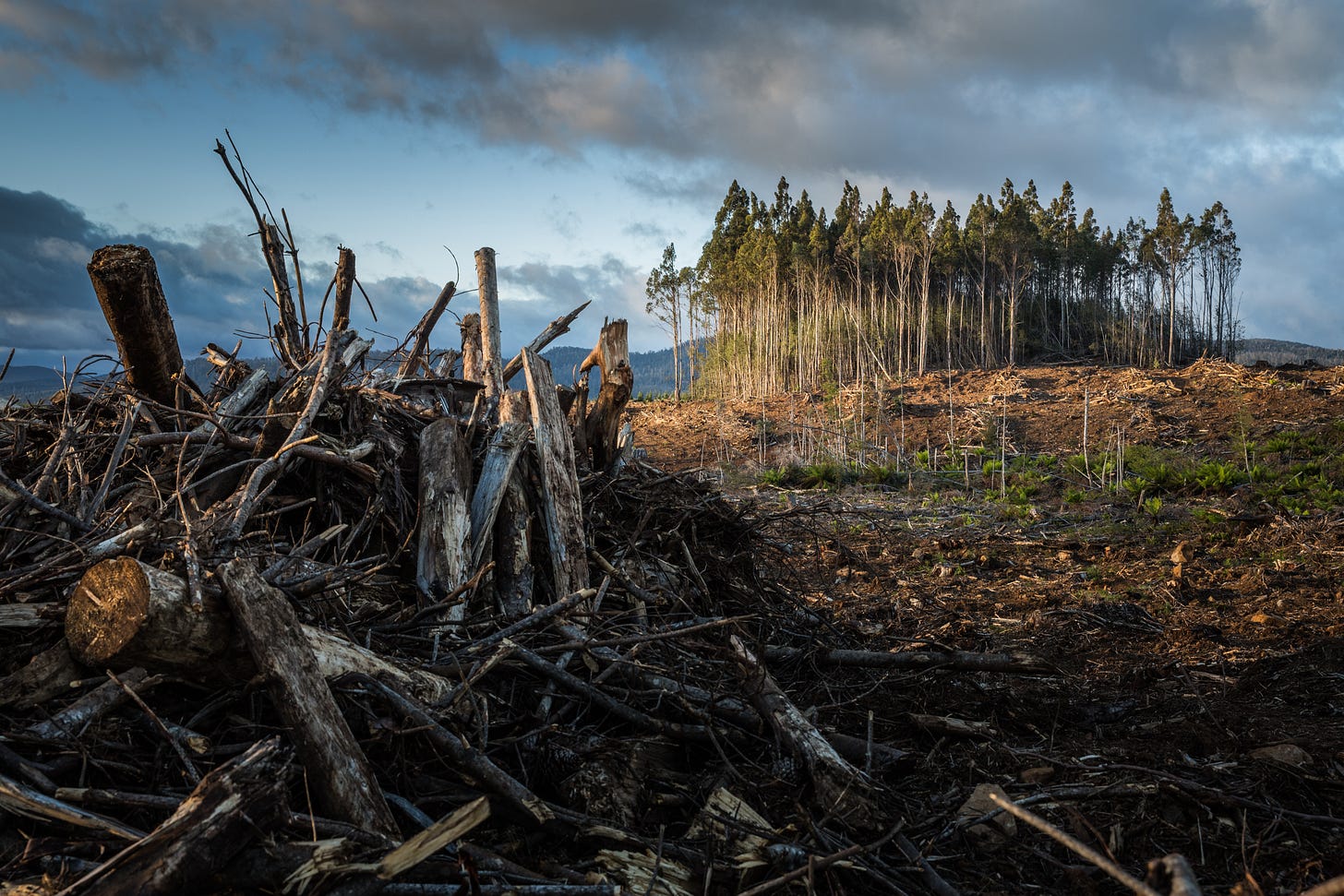Accelerating Rate of Mountain Forest Loss Globally Threatens Biodiversity Hotspots: Study
A team of Chinese researchers along with their counterparts from Britain have found that global mountain forests are disappearing at an accelerating rate, putting increasing pressure on threatened species Chinese news agency Xinhua reports.
The study, published in the journal One Earth under Cell Press showed that about 78.1 million hectares or 7.1 percent of mountain forests have been lost since 2000, and what made it worse, much of the loss took place in tropical biodiversity hotspots.
The researchers from the Southern University of Science and Technology in China and the University of Leeds in the United Kingdom tracked changes in mountain forests on a yearly basis from 2001 to 2018.
The annual rate of loss increased by 50% from 2001-2009 to 2010-2018, with approximately 5.2 million hectares of mountain forests lost per year.
Logging was the biggest cause of mountain forest loss overall (42%), followed by wildfires (29%), "slash-and-burn" cultivation (15 percent) and permanent or semi-permanent agriculture (10%), according to their findings.
According to the researchers, this acceleration resulted probably largely from rapid agricultural expansion into highland areas in Southeast Asia, and increased logging of mountain forests.
Particularly, tropical mountain forests experienced the maximum loss and the most rapid acceleration rate, but the good news is that these forests saw a faster rate of regrowth compared to mountain forests in temperate and boreal regions.
More than 85% of the world's bird, mammal, and amphibian species live in mountains, particularly in forest habitats, according to the study.
To protect sensitive species in biodiversity hotspots, the integrity of forests in large enough zones must be maintained, beyond simply preventing forest loss, the researchers said.
#deforestation #biodiversityloss





